Here at The Kid Collective, we are passionate about play.
Play matters and play is a priority.
Not only is play fun and exciting but play offers a way for children to learn and make sense of the world around them.
Play enables children to develop social and cognitive skills, mature emotionally, and gain self-confidence. Let's explore the developmental skills children are gaining in their early years...
Understanding the world is an important part of early years learning, it aims to support children to make sense of the physical world and the people around them through exploratory play that allows them to observe and learn about people, places, technology and the environment. Understanding the world encourages children to appreciate diversity, respect the environment, and engage actively with their surroundings, laying a strong foundation for their future learning and growth. |
In the early years of learning, physical development plays a vital role in a child's overall growth and well-being. Physical development is all about encouraging children to move independently and helping them to learn how to use and control their muscle movements. Gross motor skills are crucial in building strength, balance, and spatial awareness. Fine motor skills, on the other hand, involve the development of hand-eye coordination, dexterity, and precise movements, which are essential for tasks like grasping objects, using utensils, and drawing. |
|
Children engage in various developmental skills that contribute to their cognitive development, including math, literacy, communication, sensory, and STEAM skills. Math skills foster logical thinking, problem-solving, and numerical understanding, while literacy skills enable effective communication and language comprehension. Communication skills involve verbal and non-verbal aspects, facilitating expression, conversation, and understanding. Sensory skills aid in exploring and comprehending the environment through the senses. STEAM skills encourage critical thinking, experimentation, and problem-solving. By nurturing these skills, children lay a strong foundation for cognitive development in early learning. |
|
Creative play helps and supports children's imagination, understanding, self-expression, vocabulary and ability to communicate in creative mediums. It is through creative play children create their own worlds, stories and formulate ideas. Encouraging arts and crafts, make-believe or role-play gives children the freedom to explore, fantasize and experiment. Supporting the development of divergent and creative thinking. |
|
Personal, social, and emotional development in early years learning involves self-awareness, social skills, emotional management, self-regulation, and confidence building. These skills contribute to a child's well-being, relationships, and overall development. During play, children learn all about their own emotions while also understanding the emotions of those around them. Promoting the discussion of emotions and encouraging empathy is fundamental to personal development. Play that allows children to interact with others helps to create friendships while learning to co-operate and resolve conflicts calmly. |
.png)

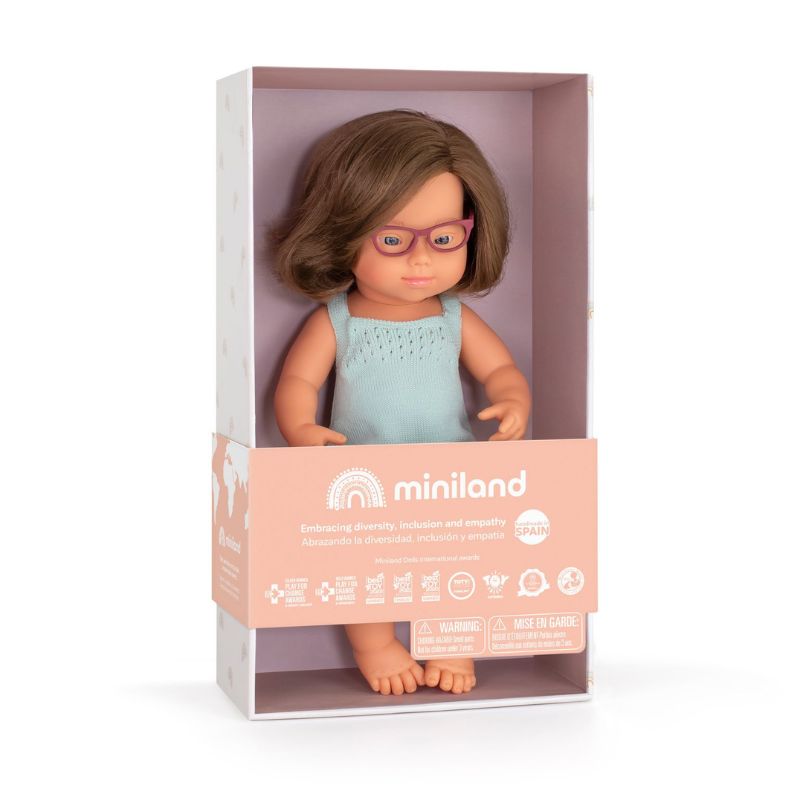







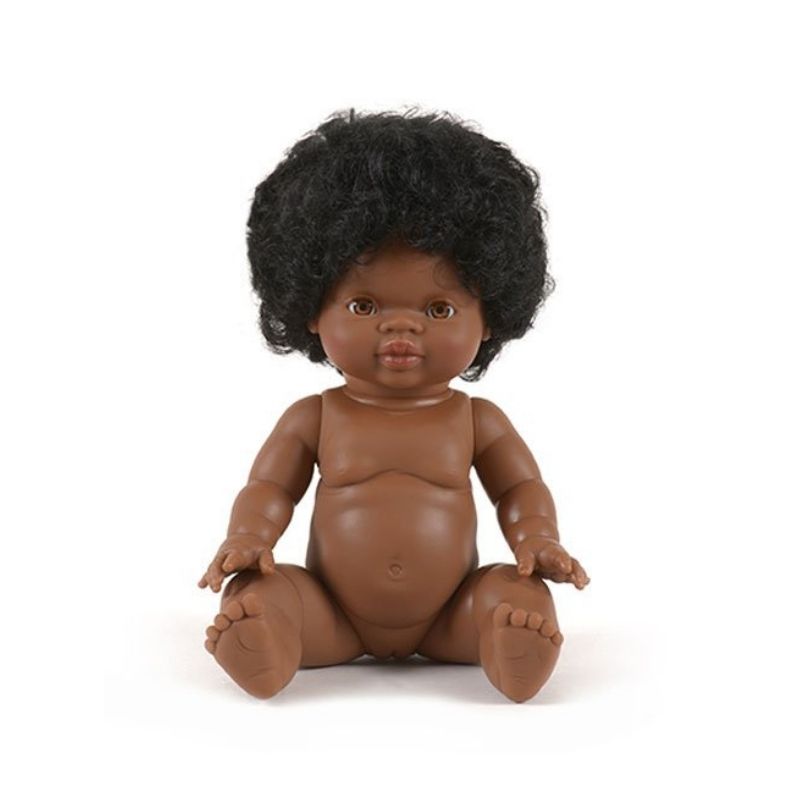


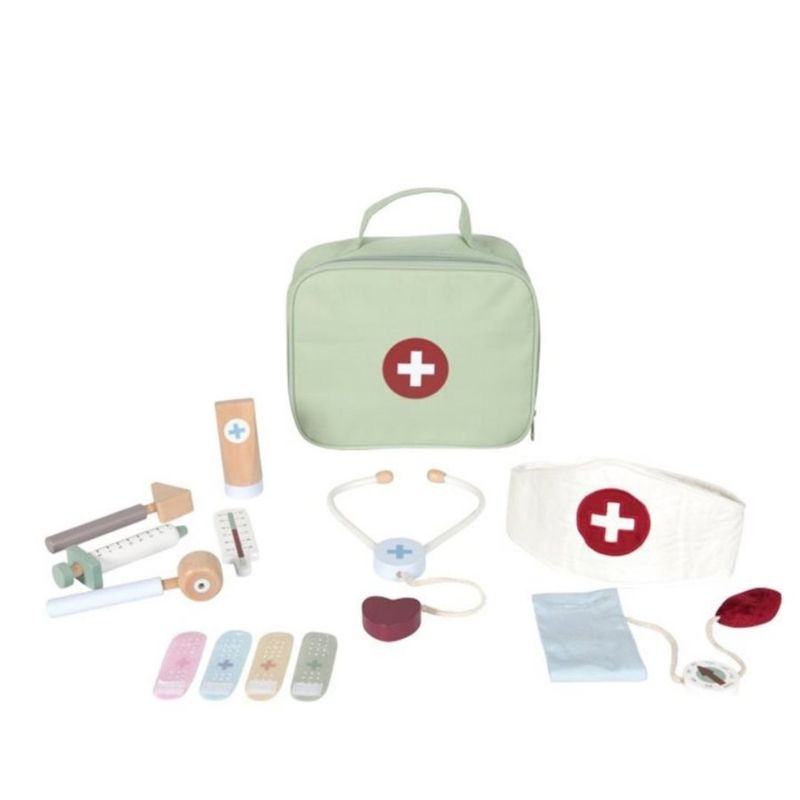

.jpg)
.jpg)
.jpg)
.jpg)
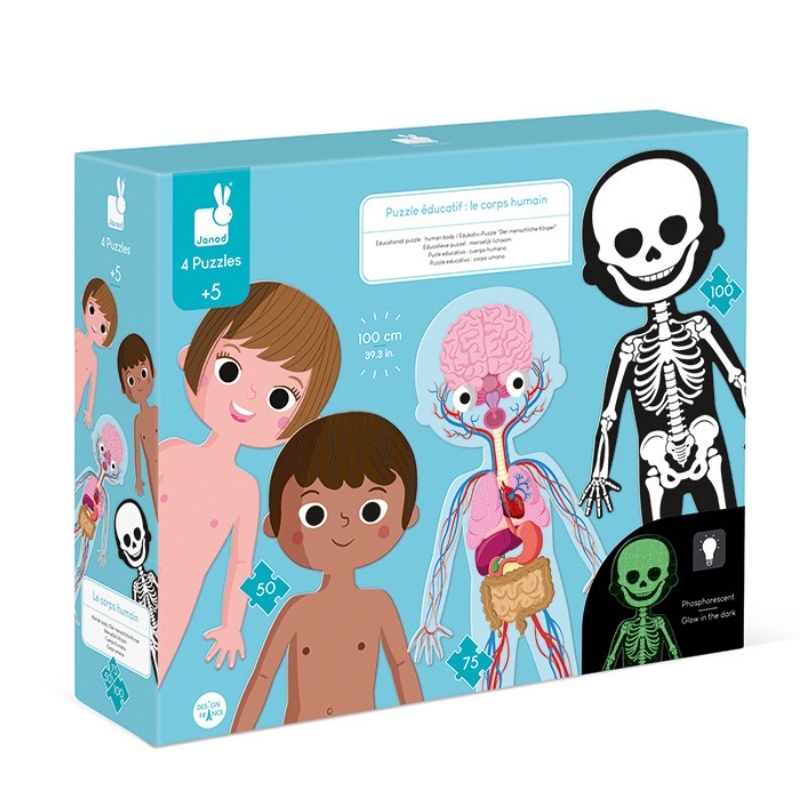
.jpg)
.jpg)
.jpg)
.jpg)
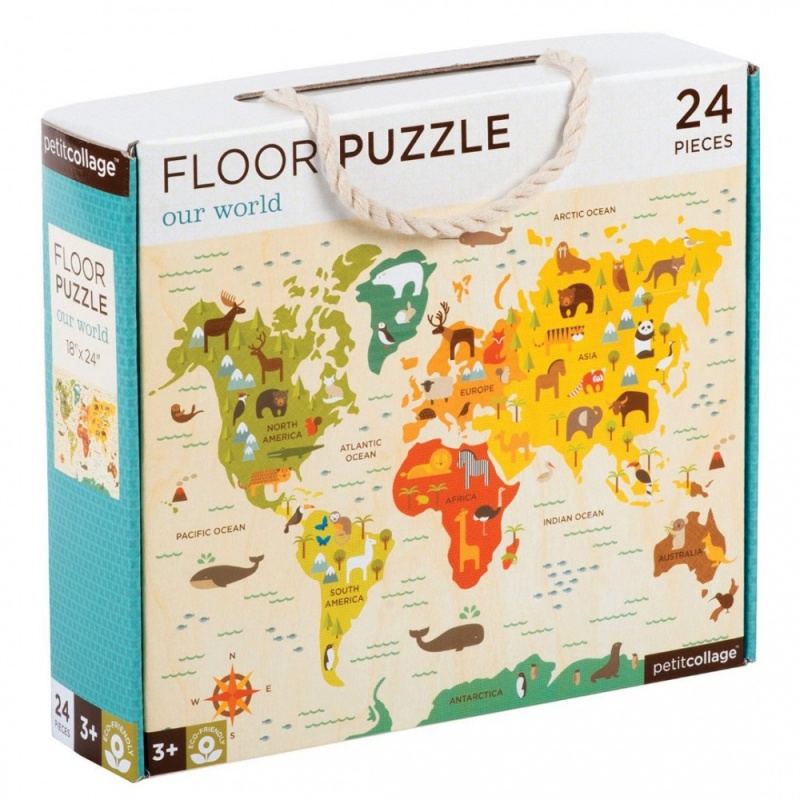
.jpg)
.jpg)
.jpg)
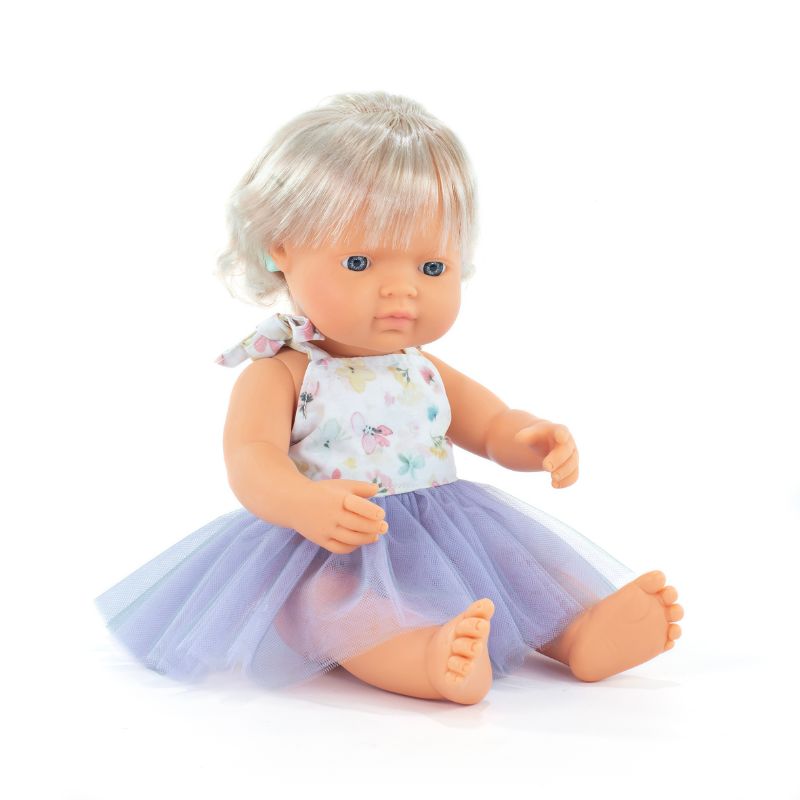
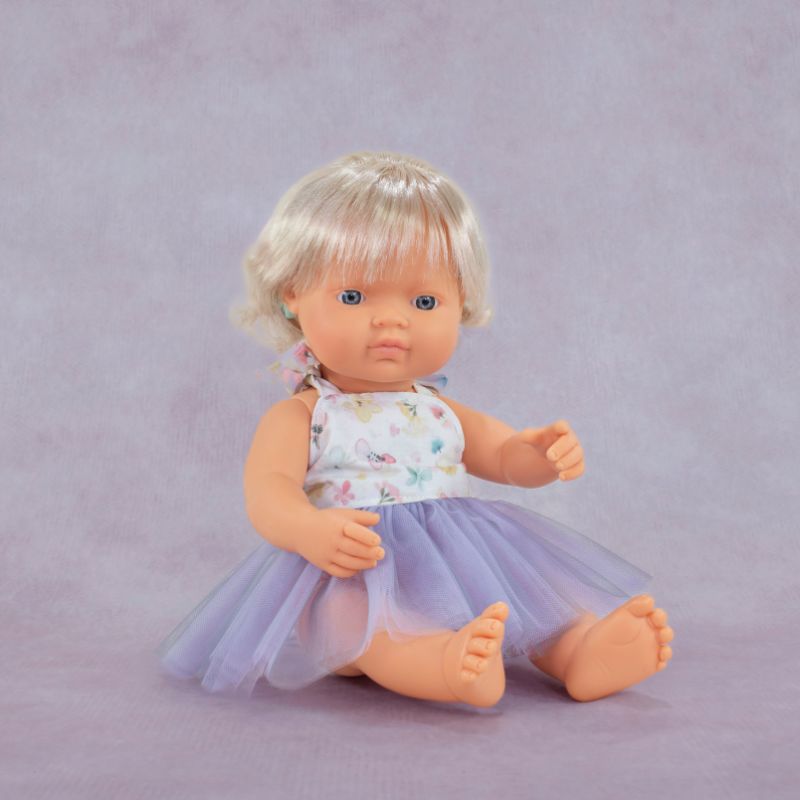
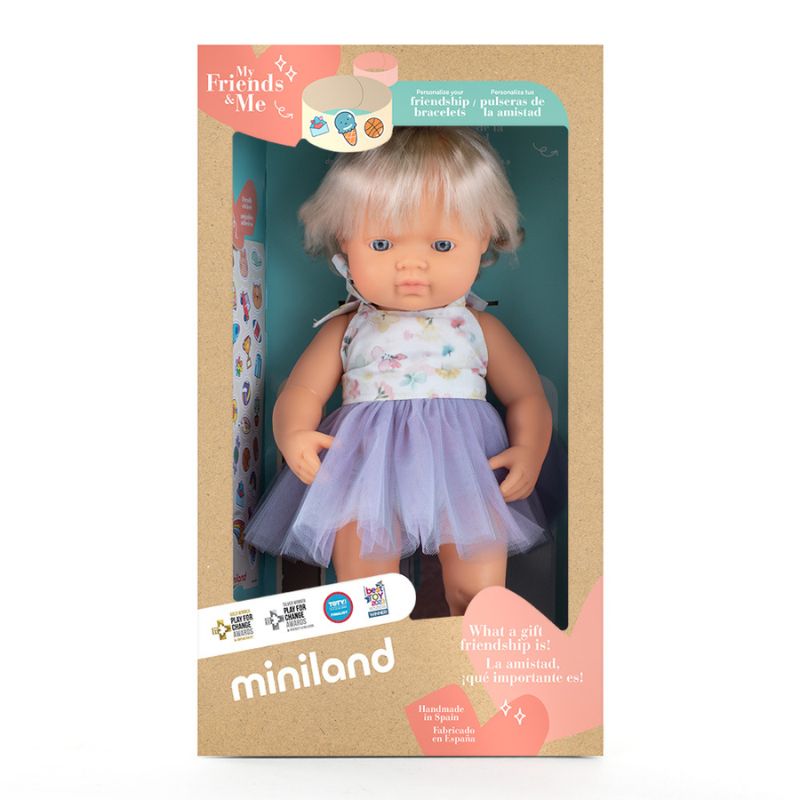
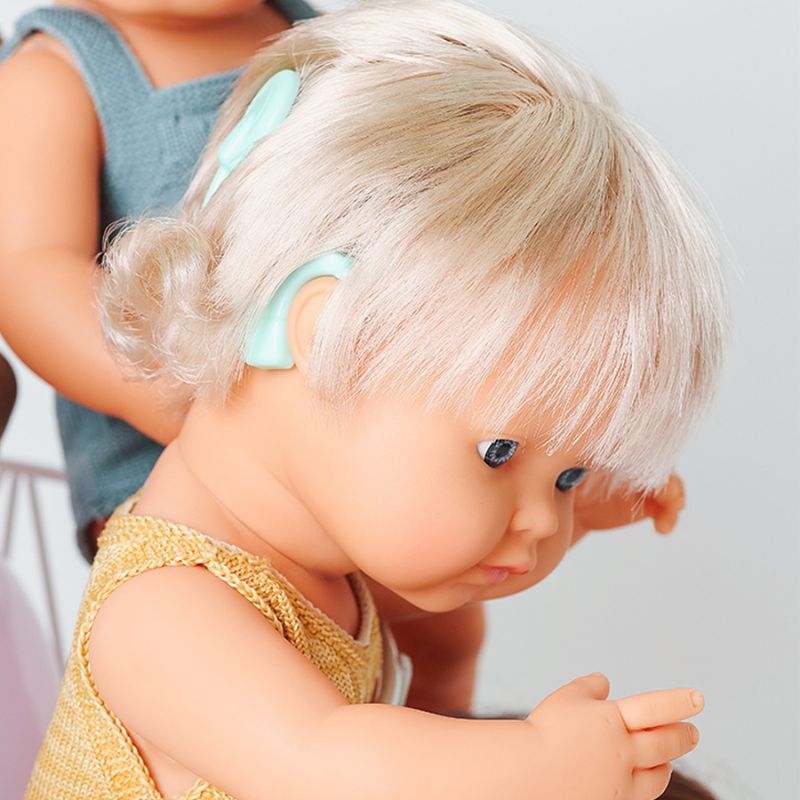
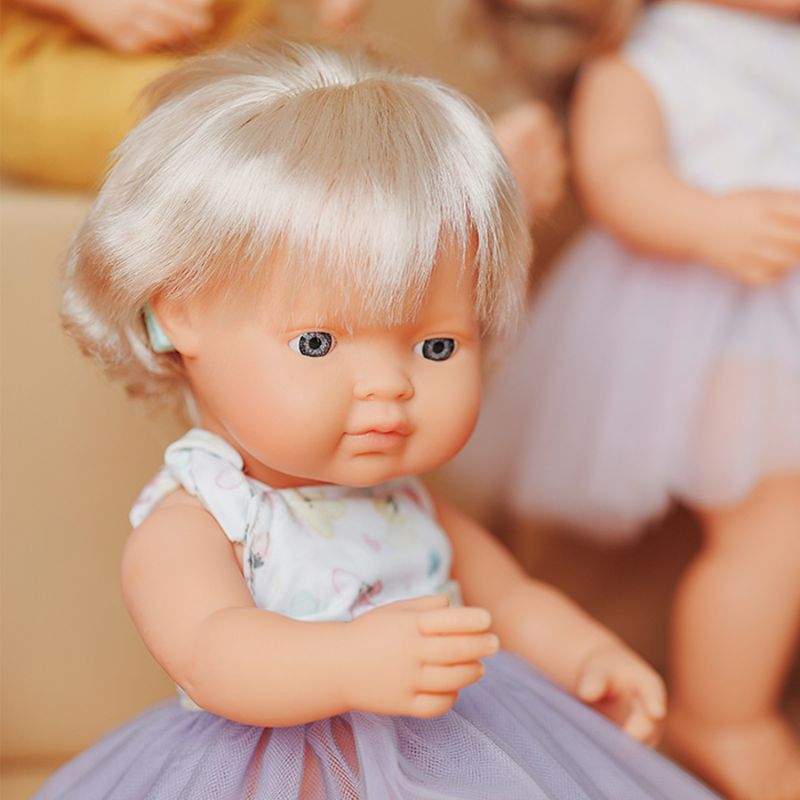
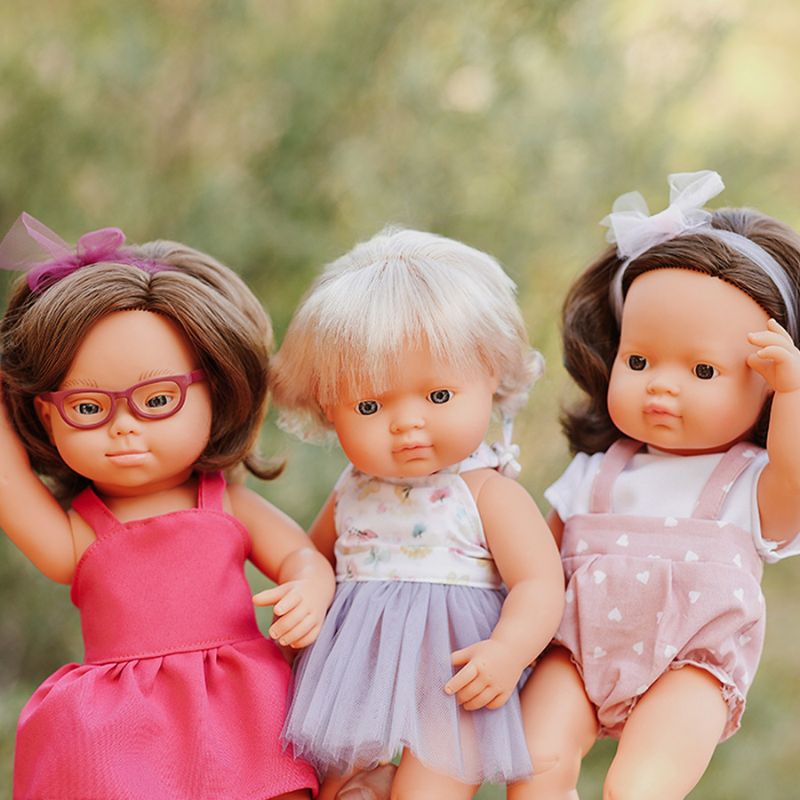
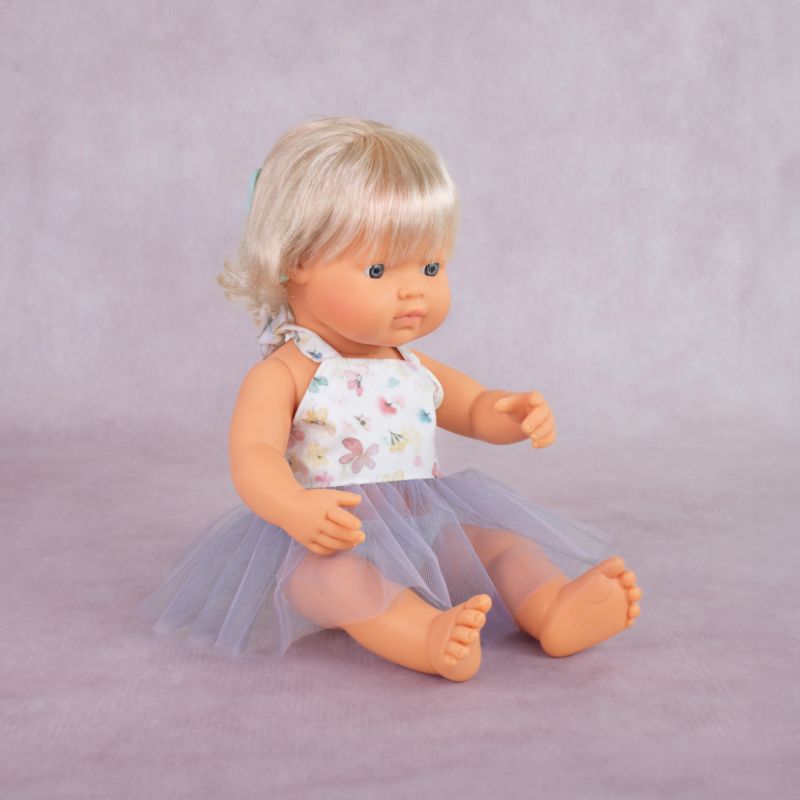
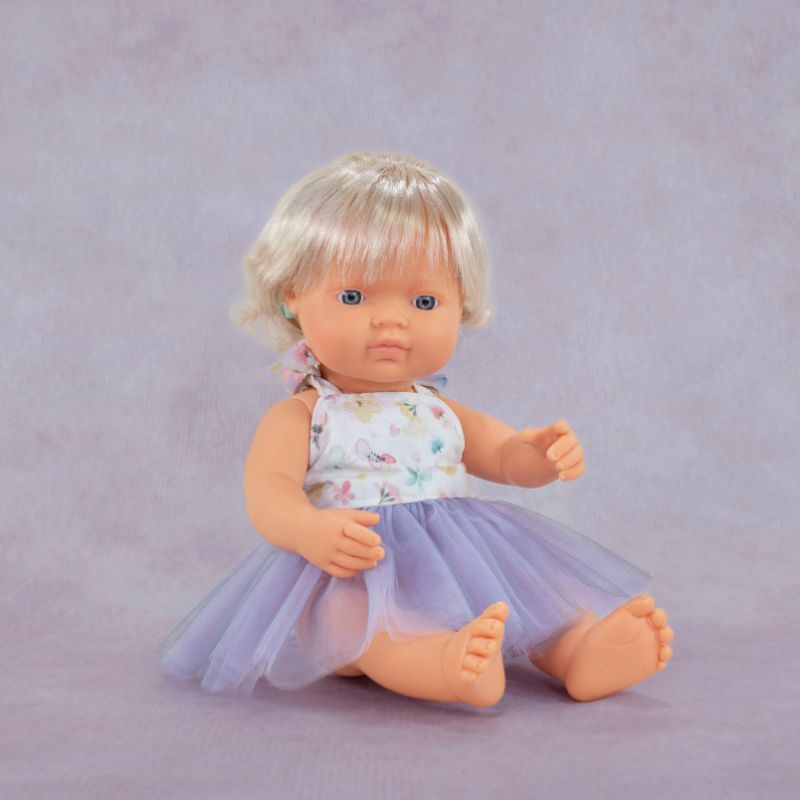
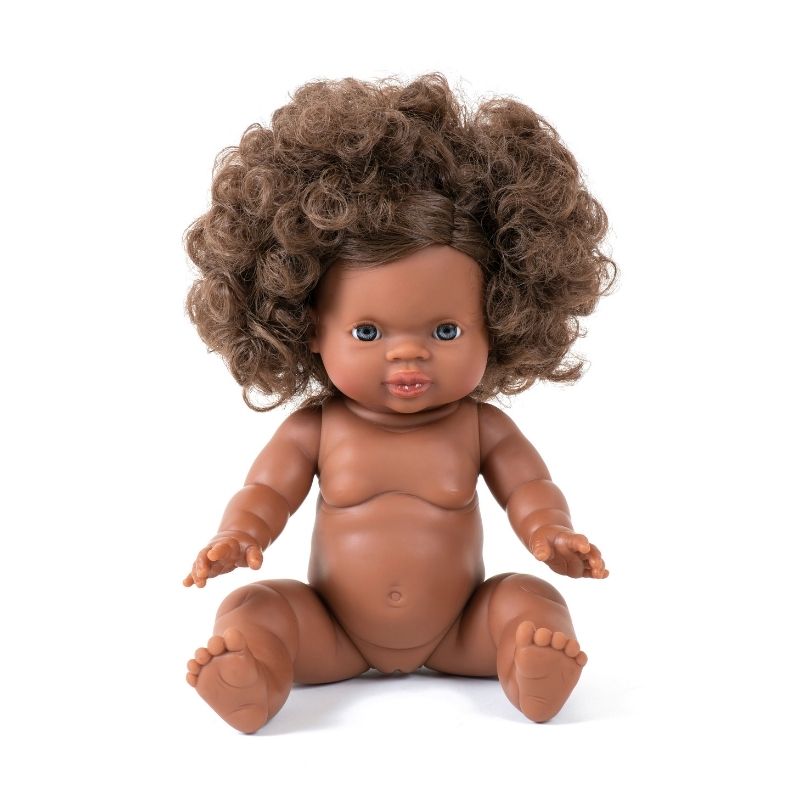





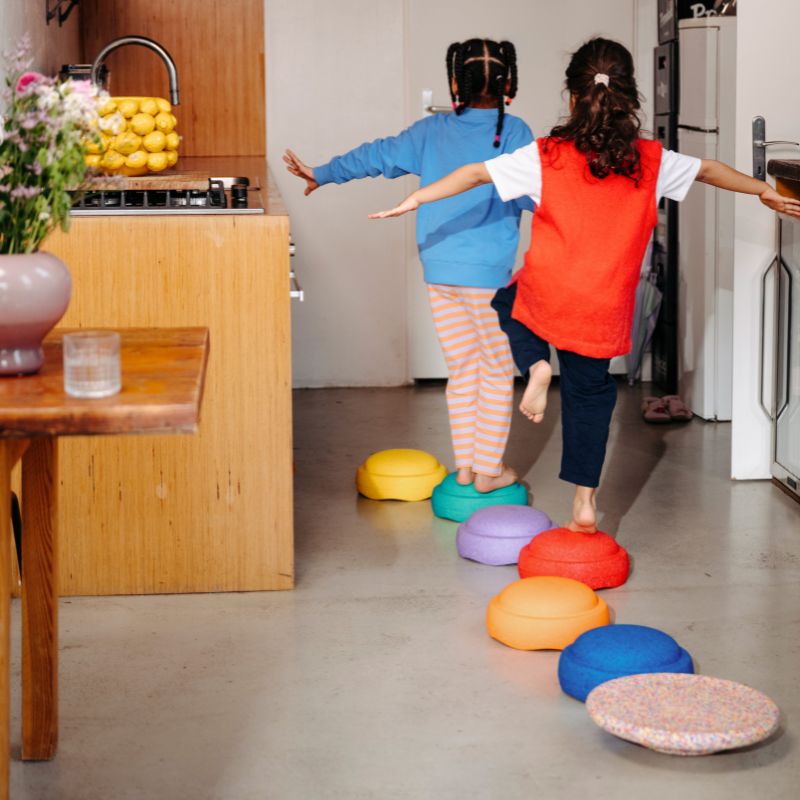
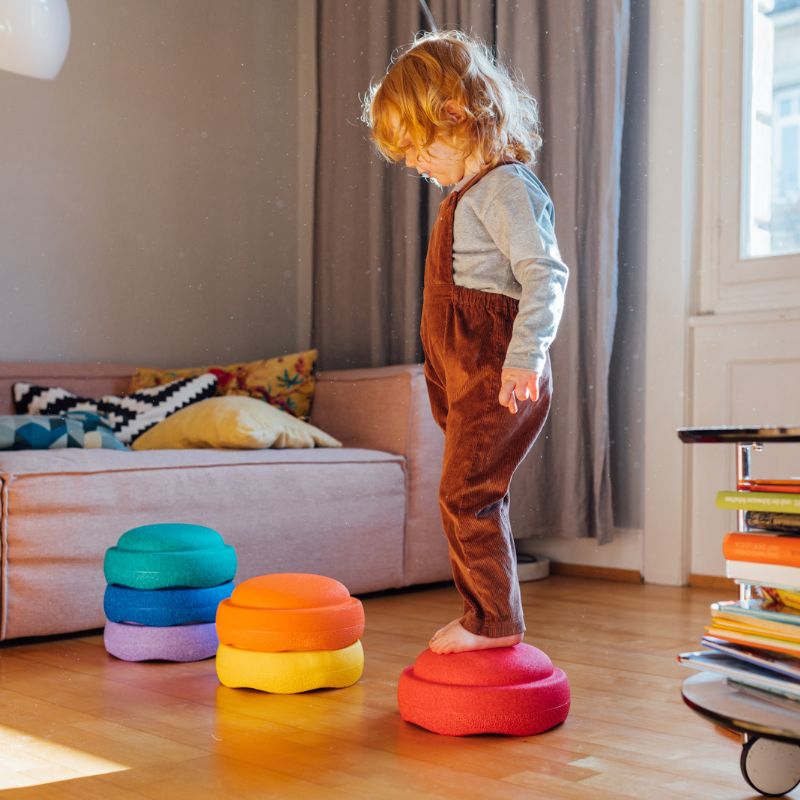
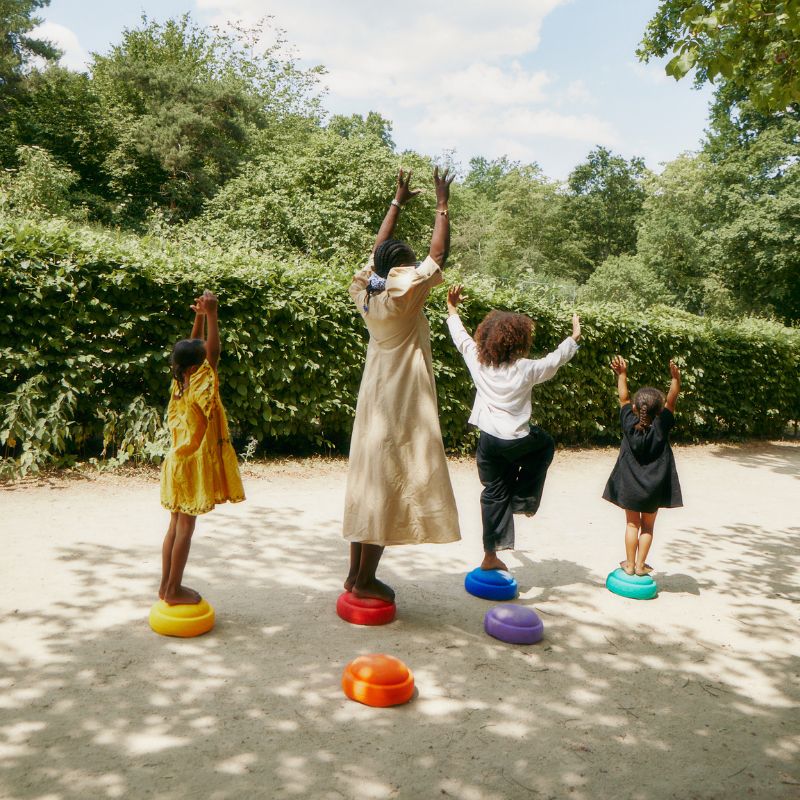



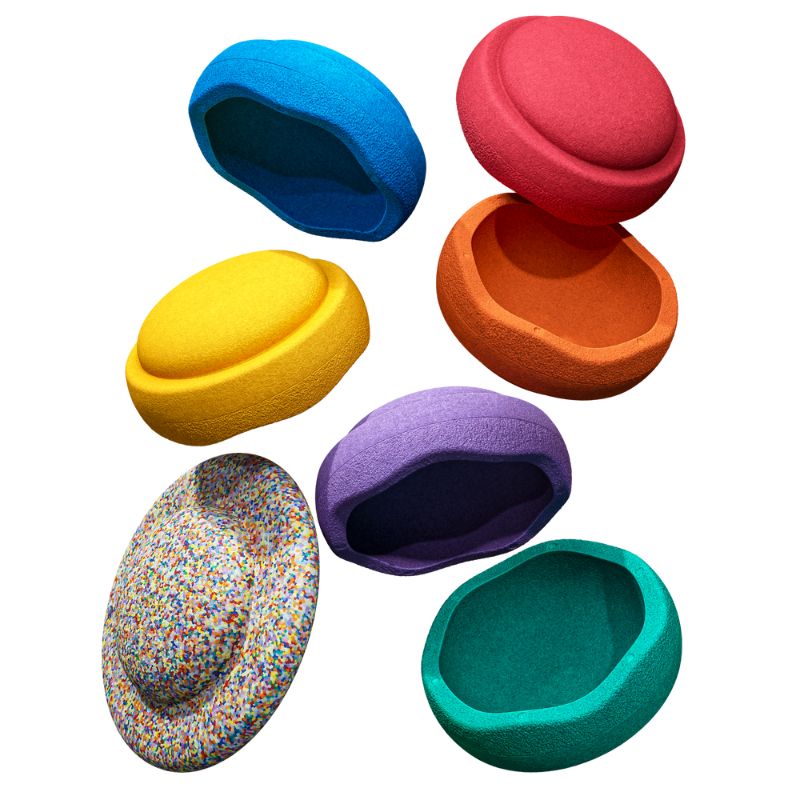
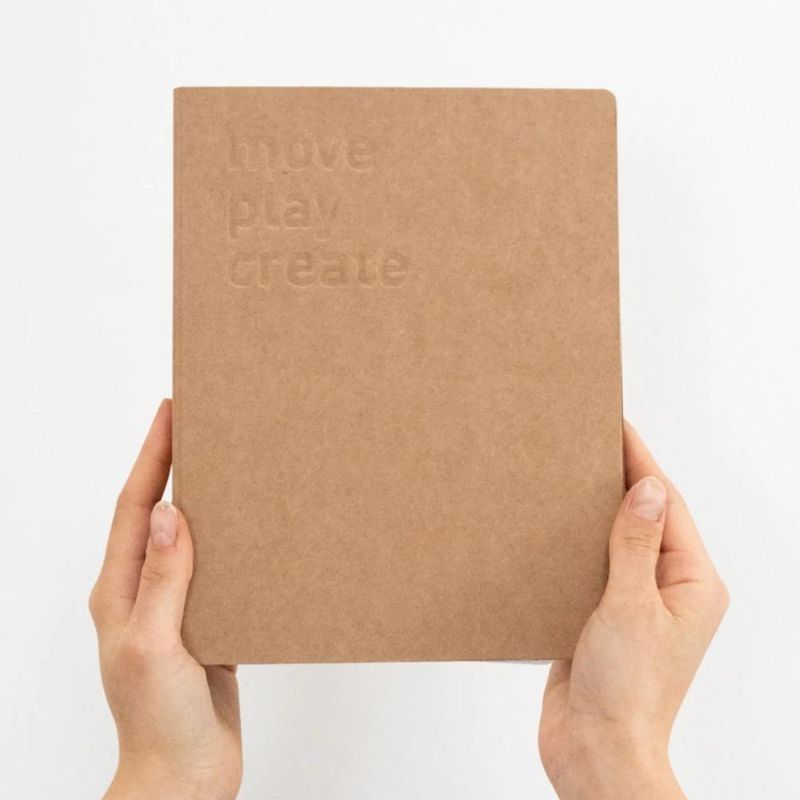





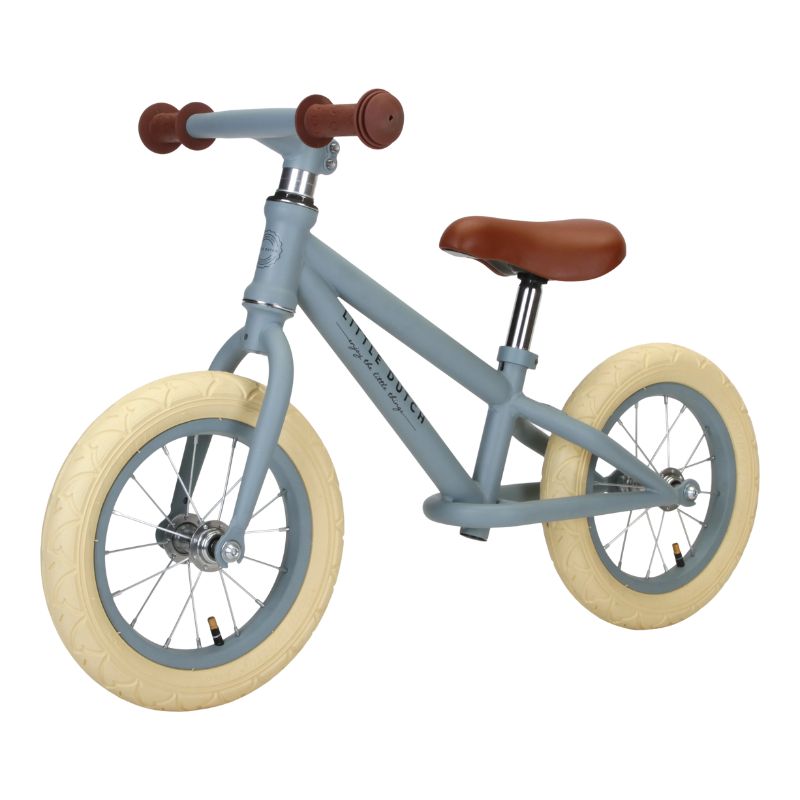
.jpg)
.jpg)
.jpg)
.jpg)
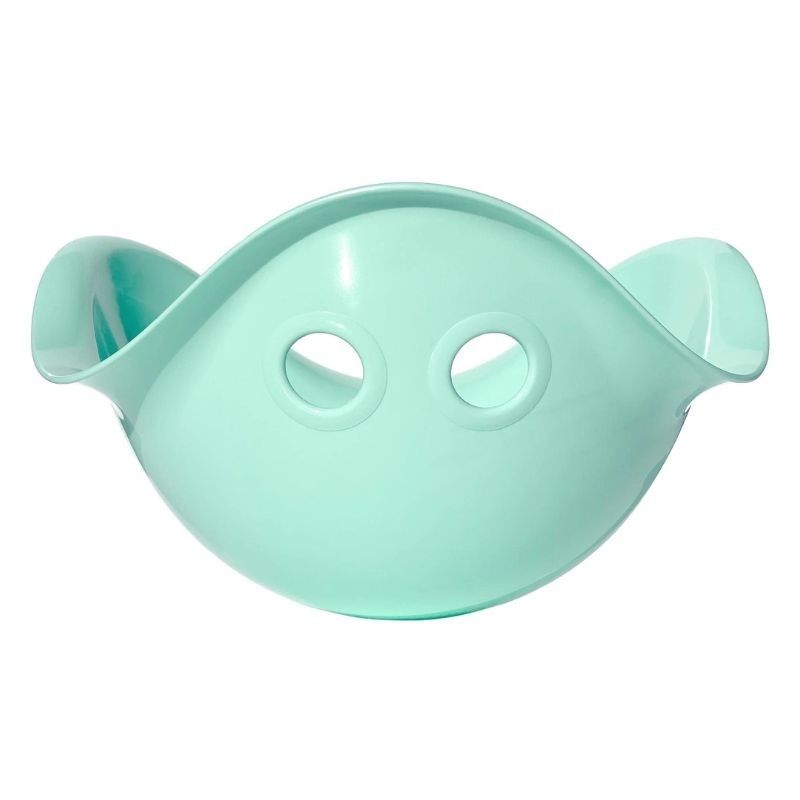
.jpg)

.jpg)
.jpg)
.jpg)
.jpg)
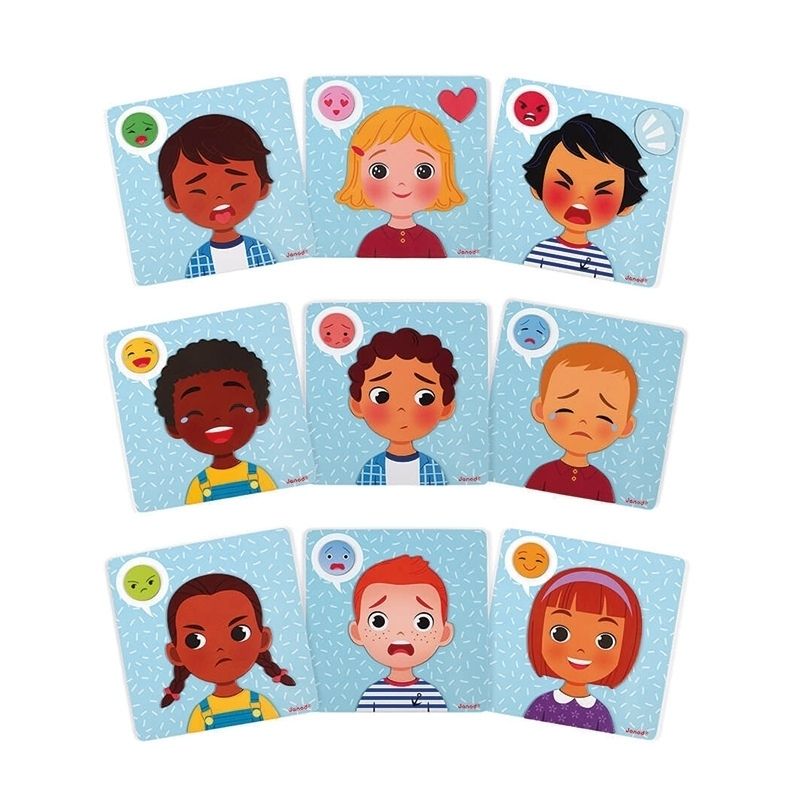
.jpg)
.jpg)
.jpg)
.jpg)
.jpg)
.jpg)
.jpg)
.jpg)
.jpg)
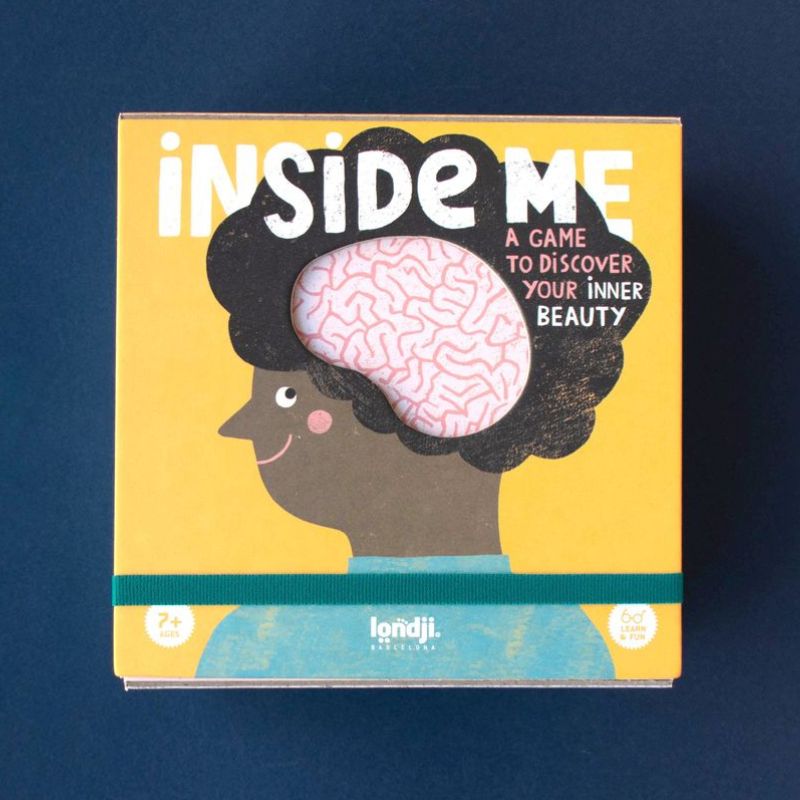
.jpg)
.jpg)
.jpg)
.jpg)
.jpg)
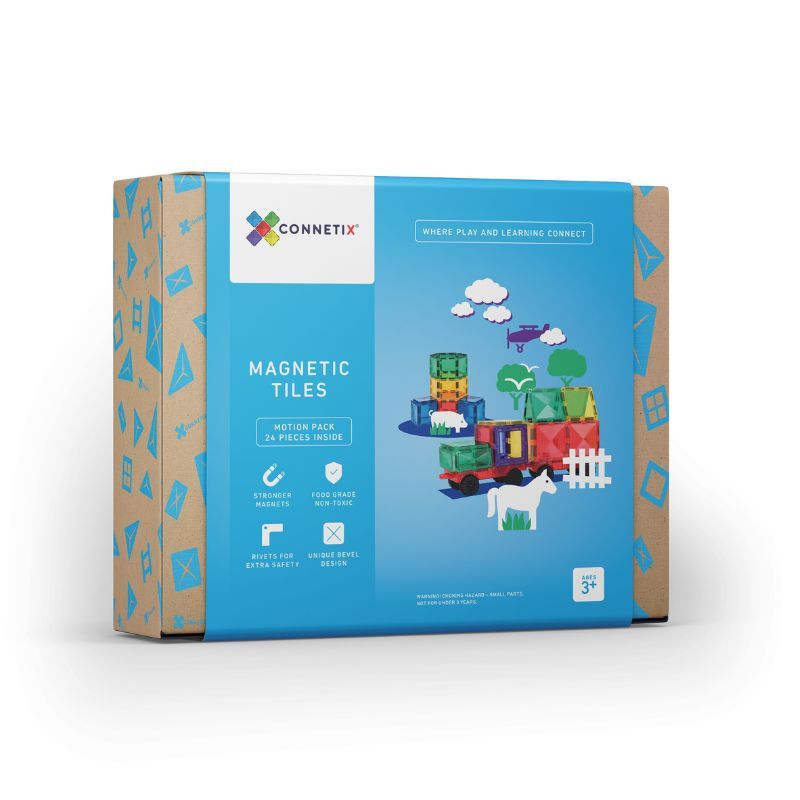
.jpg)
.jpg)
.jpg)

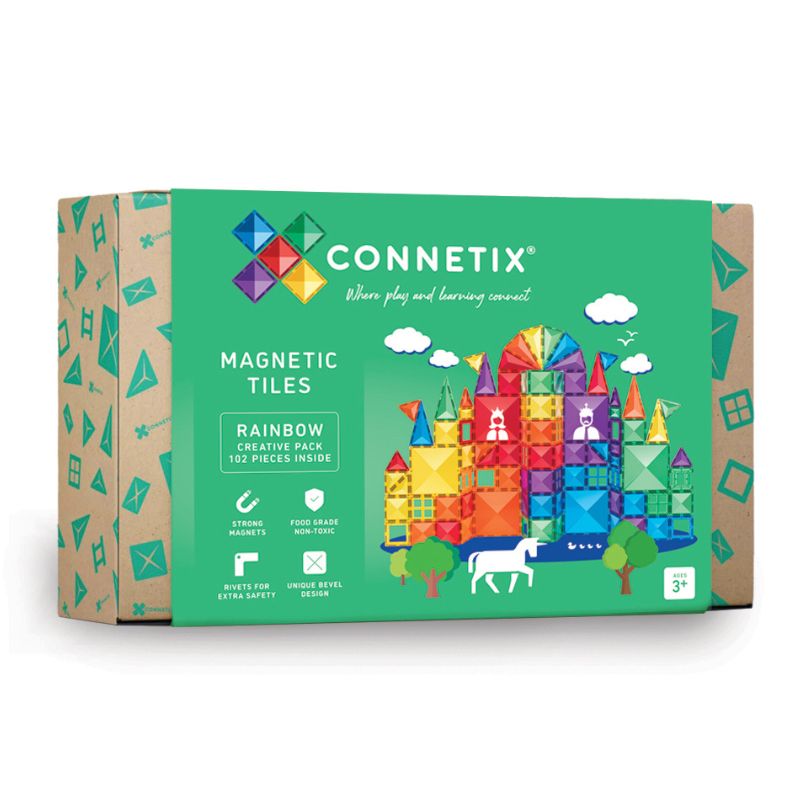






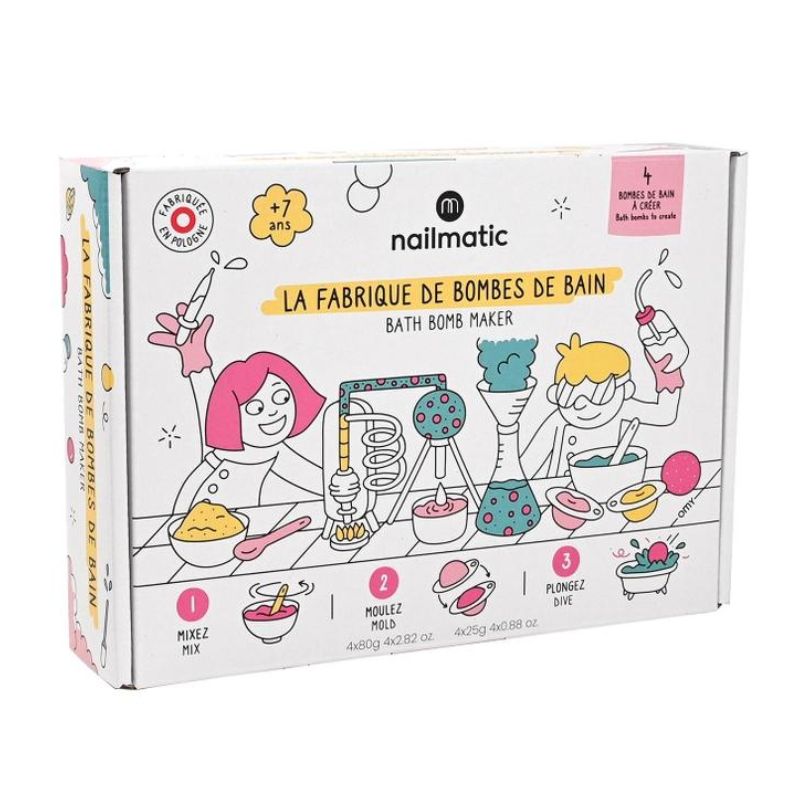



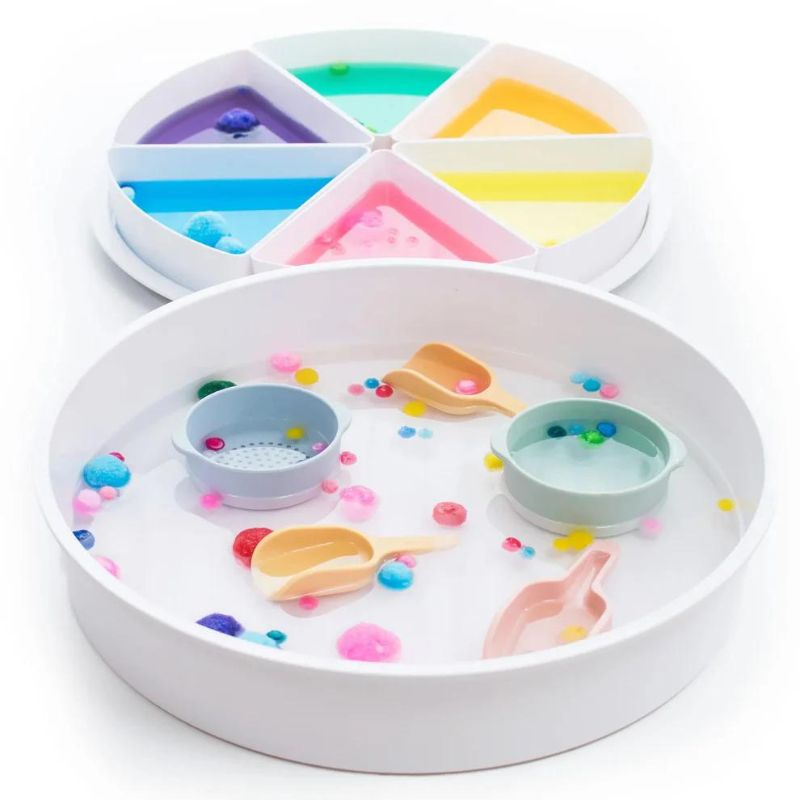
.jpg)
.jpg)
.jpg)
.jpg)
.jpg)
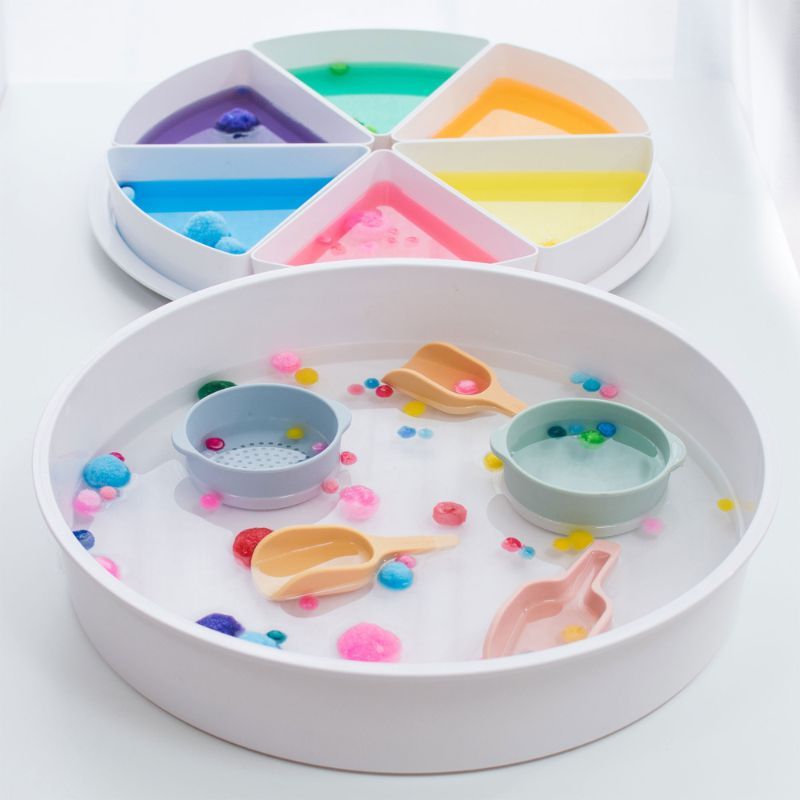



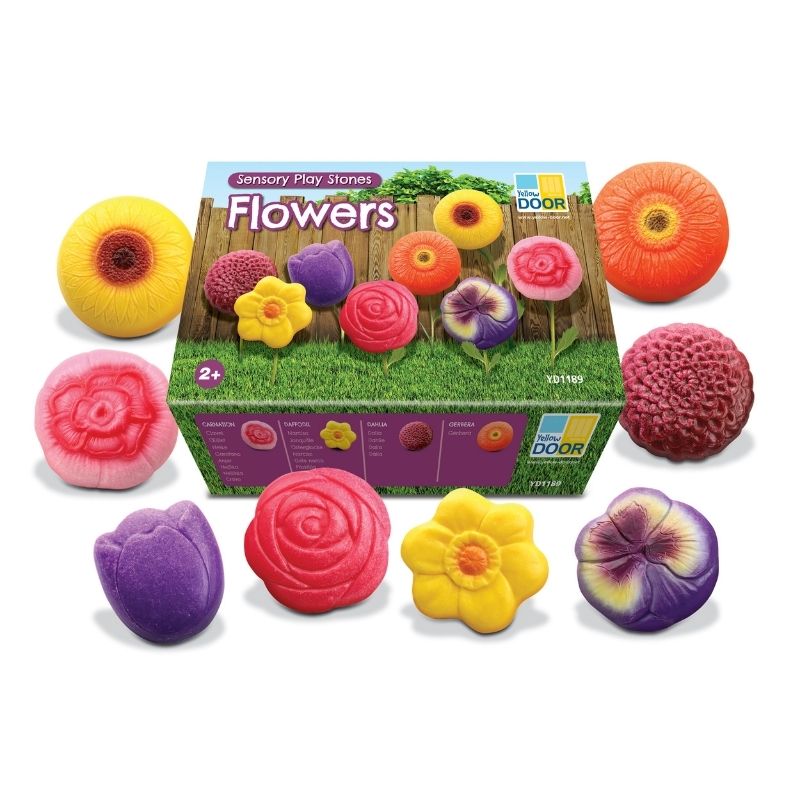
.jpg)
.jpg)
.jpg)
.jpg)
.jpg)
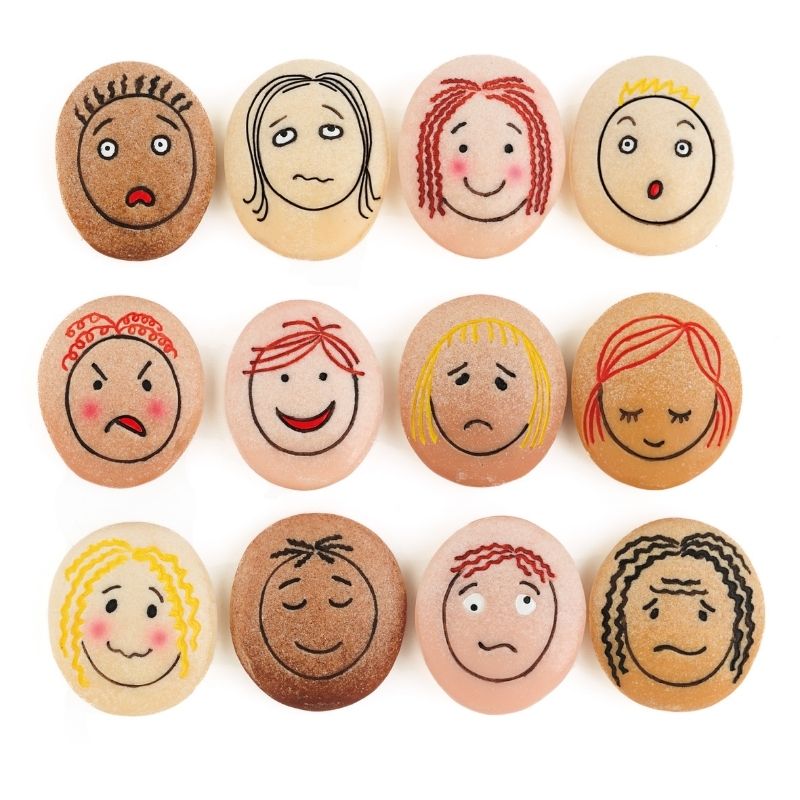
.jpg)
.jpg)
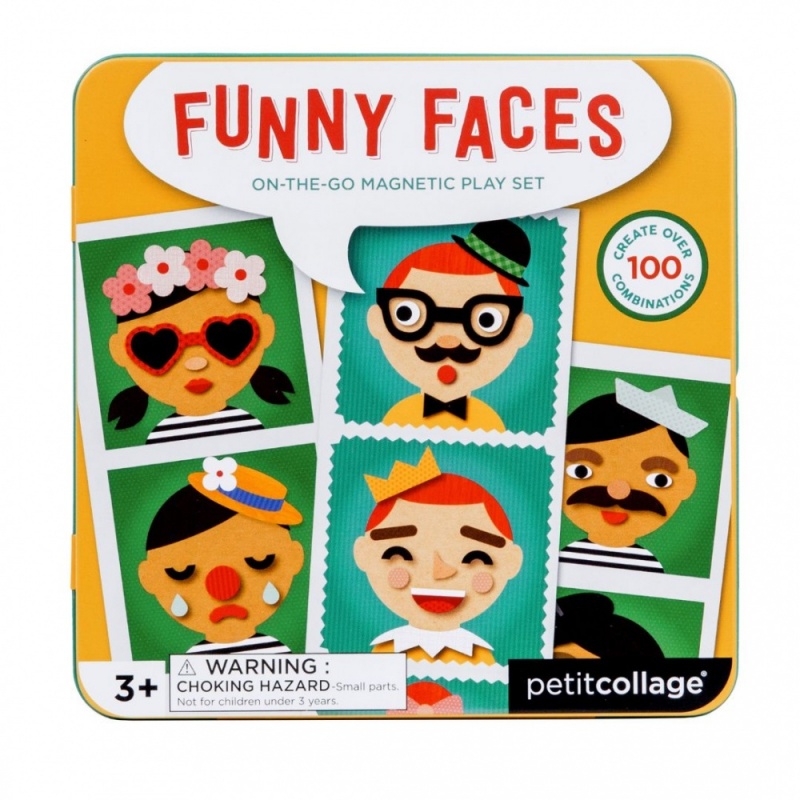
.jpg)
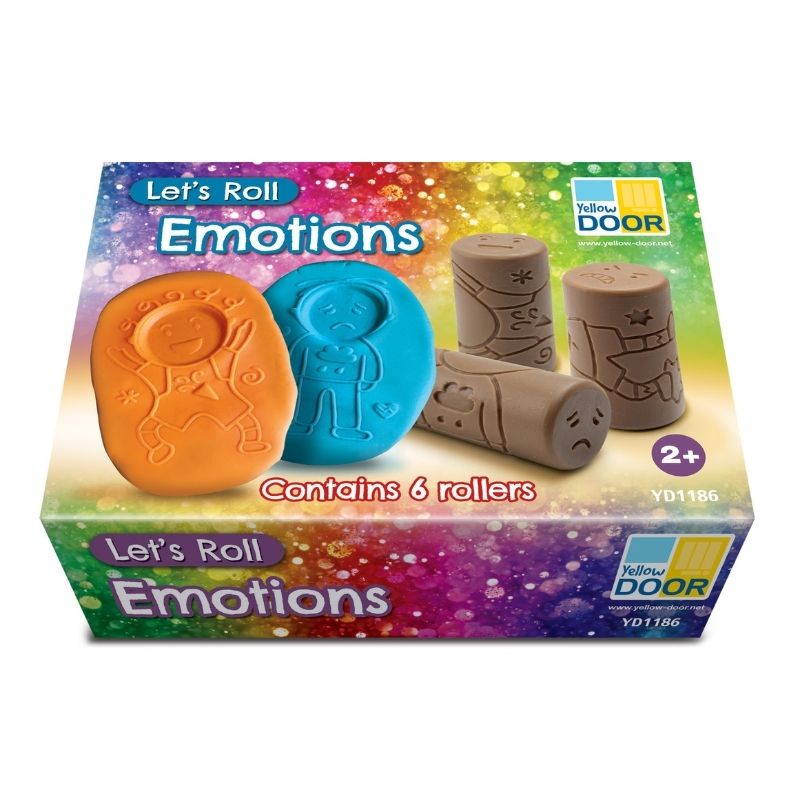
.jpg)
.jpg)
.jpg)
.jpg)
.jpg)